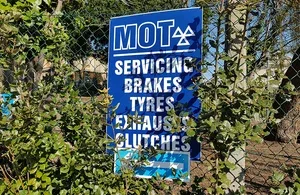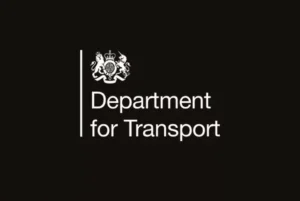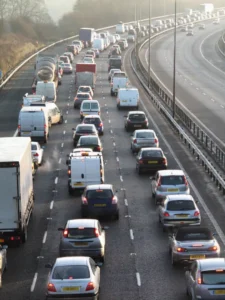The Government has published its response to the consultation on updating MOT testing for cars, motorbikes and vans, which confirms that the first MOT will remain at three years from registration.
Every subsequent MOT will also continue to be taken once every year, which it says ensures motorists can continue to drive with peace of mind.
Launched in January 2023, the consultation sought views to ensure roadworthiness checks continue to balance the cost to motorists, road safety, advances in vehicle technology, and tackling vehicle emissions.
The Government says it will further investigate how to better monitor diesel vehicle emissions through the Driver and Vehicle Standards Agency (DVSA). This will include whether testing should do more to ensure that diesel vehicles comply with emissions regulations.
It says analysis from the AA suggests that an annual MOT can potentially save drivers between £200 and £400 as picking up developing faults each year means drivers aren’t hit with higher repair bills further down the road.
Roads Minister Guy Opperman said: “We have listened to drivers and industry, and keeping MOTs in their current form shows once again that we are on the side of motorists.
“By offering clarity on MOT tests, alongside our recent street works consultation and unprecedented £8.3 billion to resurface roads, we are helping motorists drive with peace of mind and ensuring Britain’s roads continue to be some of the safest in the world.”
The Department for Transport will, considering the constantly improving technology of modern-day cars and Electric Vehicles, work with industry stakeholders and drivers to establish a programme of longer term reform for MOTs.
To ensure they remain fit for the future, the Government says it is exploring a more effective test for diesel particulate emissions, whether further improvements could be made to the MOT for electric vehicles and the transfer of some larger zero-emissions vans to more standard, car-style MOT testing.
Neil Barlow, Head of Vehicle Policy at DVSA, said: “Ensuring the MOT remains fit for the future is a key part of DVSA’s work, and getting ready for new technology will help keep Britain’s roads safe.
“We hope this positive news will provide some certainty for garages to enable the investment in new technologies that could be needed to keep the MOT at the forefront of road safety and the environment.”
Rebecca Guy, Road Safety Manager at The Royal Society for the Prevention of Accidents (RoSPA) said: “RoSPA welcomes the Government’s announcement that a car’s first MOT test will remain at three years and, with the number of people killed or seriously injured on the UK’s roads remaining high over the last decade, believes that paying for an MOT is a small price to pay for safety.
“During the Government’s recent consultation, we raised the issue that leaving the MOT over three years could offer the potential for more vehicles in a non-roadworthy condition on our roads and more collisions in which a vehicle defect contributes to the crash.
“Although some argue that paying for an MOT after four years would be more cost effective, this may not be the case if vehicle defects which would have been identified and repaired during the three-year MOT are left even longer.
“What’s more, there are likely to be inflationary price rises, which could increase the cost of repairs. It is also likely that over the period of a year, the defect will worsen.
“We are also pleased to hear that the Government is further exploring how the MOT test can be modernised, given that we are seeing changes to the vehicles using our roads, such as a rise in hybrid and electric vehicles.”
RAC head of policy Simon Williams reacted by saying: “It’s great news the madcap idea of changing the MOT from every year to every two has finally been consigned to the bin. This would have seriously compromised road safety and ended up costing drivers more money rather than less as it was supposed to do, due to dangerous issues going undetected and getting progressively worse. This is why the idea was so widely unpopular with the motoring public in our research.
“We look forward to hearing more from the Government on how the MOT will evolve in the future, both to accommodate the rising number of electric cars on our roads and improve the monitoring of dangerous emissions from combustion engines. We would also like to see the test change to help reduce the prospect of glare from headlights, as this is something the DVSA has previously said garages can find difficult to assess.”
Jakob Pfaudler, AA CEO, said: “AA polling showed drivers overwhelmingly (83%) supported the annual MOT for keeping their cars and other cars safe. With 1 in 10 cars failing their first MOT, we fully support the government’s pragmatic decision to maintain the first MOT at 3 years and annually thereafter.”
DfT says it will also monitor technological developments that could require an altered MOT, such as Advanced Driver Assistance Systems.
(Picture – Department for Transport)
























